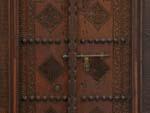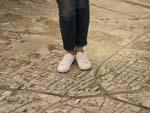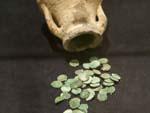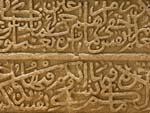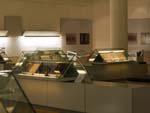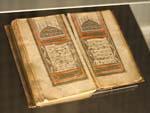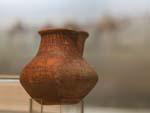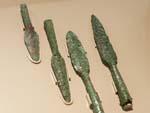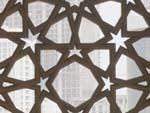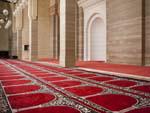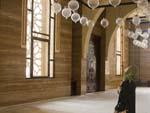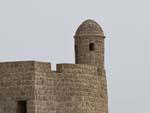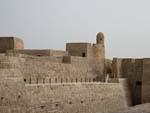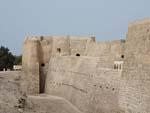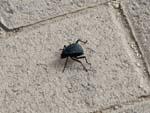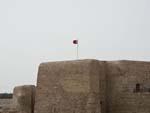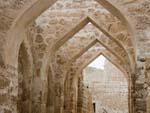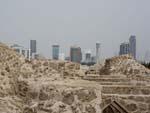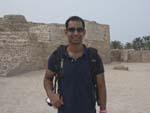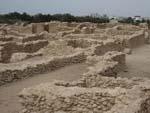Keen to visit another Middle East country whilst in the region, and prior to our travels through Central Asia, we decided to have a two day stopover in Bahrain, a tiny little island to the north-west of Qatar. In addition, the local budget airlines Gulf Air conveniently flew to Shiraz in Iran, our entry to the Silk Road. It was only two days prior to our departure that we received a call from Gulf Air informing us that the capital Manama to Shiraz flights were no longer running for the past eighteen months. Luckily, Qatar Airways also flew to Shiraz, so we quickly booked the flight, it turned out we hadn’t quite left Qatar when we visited Bahrain.
We arrived in the evening and after checking into our hotel we headed to the Manama Souq. The souk is literally a functional market with many stalls and shops littered along narrow streets, contrasting the beautiful fairytale-like architecture that we were familiar with in Qatar. It was so plain, that as we walked around we wandered if we had reached the ‘souq’ yet.
The next day we spent visiting three main attractions, the National Museum, Al-Fatih Mosque and the Qal’at fort.
Bahrain National Museum
The Kingdom’s National Museum has a vast collection of archaeological finds on the ancient Dilmun civilisation, some of the interesting items were the vast amount of foreign artefacts found on the small island country (e.g porcelain from China), indicating the site of the city as a past trading hub.
thydzikgooglemap(http://sonyaandtravis.com/maps/bahrain-2012-bahrain-national-museum.xml,s,16)
Al-Fatih Mosque
The Al-Fatih Mosque, while not the most aesthetic of the mosques we had seen, though was enjoyable and eye-opening due to the very helpful guide that showed us around and answered all of our questions with respect to the Islamic faith, we finally learnt what was being said during the call-to-prayer, how the prayer times were calculated and how to form a tight line shoulder-to-shoulder when praying in the mosque.
thydzikgooglemap(http://sonyaandtravis.com/maps/bahrain-2012-al-fatih-mosque.xml,s,16)
Qal’at al-Bahrain
The Bahrain Fort, built by the Portuguese in the 16th century, and located on a tell (layers of ancient sites). The location of the capital of the ancient Dilmun civilisation, the fort and tell are an UNESCO World Heritage Site. The fort complex is quite large and is surrounded by a moat, it took a little while to walk the circumference. We didn’t spend too much time inside as we were rushed for time.
thydzikgooglemap(http://sonyaandtravis.com/maps/bahrain-2012-bahrain-fort.xml,s)
Saar Burial Chambers
Located close to the fort is a complex of Dilmun burial chambers, still being excavated and restored, the many chamber mud-brick walls and rooms are visible.




































































































